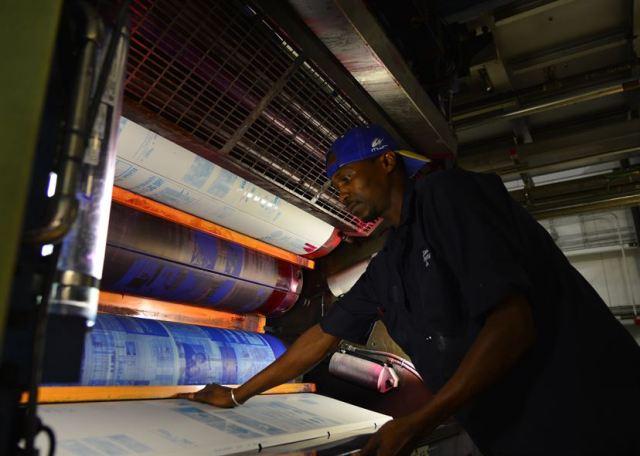
More companies realise that managers now need soft skills, and mentoring is one of them. More boards now recognise that if managers don’t have those soft skills, they cannot do the job. Soft is the new hard. Mentoring is a subtle leadership. It cannot be forced; it is based on the willingness of both parties to learn (the mentee) and to teach (the mentor). Here is a relationship built on real feelings of respect and regard, with encouragement and support from the mentor, and inquiry and openness from the mentee.
A mentoring culture allows for a mentor, usually a senior-level person in the company, to provide career guidance and advice to a mentee, an employee with less experience but who has potential to go far.
This philosophy enriches the workplace by facilitating peer learning and interdepartmental relationships that can help with a mentee’s career development.
[Related: More training news]
How does mentoring improve retention? Consider the factors that contribute to low retention rates. They include low self-esteem, a lack of people to turn to for support, and discouragement from pursuing one’s chosen career.
Mentoring addresses that by providing access to a support system and help with career planning. It provides support and guidance in overcoming hurdles. Also, some companies offer online mentoring that is immediate and accessible.
The way to measure the success of a mentoring program is to check the HR metrics such as staff turnover, absenteeism, productivity, sick leave, team efficiency and people seeking out training.
Mentors need clear expectations of their roles and enhanced listening and feedback skills. Most are not born with these skills, they are developed. They also need to be aware of cultural and gender issues. They need to not only support their mentees but challenge them too. Mentors have to know about deep listening. They should know how to suspend judgement and ask powerful questions, not too confronting but couched in a friendly way. They have to draw the mentee out and address issues that are most important to them.
Mentors also need a mechanism by which they could discuss problems in their mentoring relationships and get advice. Given that mentors often have more than one mentee and each interpersonal relationship is likely to be different, skills that are effective in one may be ineffective in the other. If they can interact with mentoring colleagues, they might discover solutions to each other’s challenges.
They also need to know all about the rules and professional boundaries. The mentoring relationship is about guidance, no more. Acting as an advocate, gift-giving, lending money, sorting out personal relationships or disputes at work are all out of bounds.
Companies should identify staff with good communication and leadership skills. A mentee needs to be comfortable raising a range of issues with their mentor without worrying about repercussions in the workplace. For this reason, it’s not usually appropriate for the mentor to be the mentee’s immediate supervisor. Goals need to be set, the mentoring program has to work to a structure and it has to be regularly reviewed.
Also mentors need to be willing to spend time helping someone else, and remain positive throughout. Mentoring is the process that helps the mentor grow. They should have the ability to critique and challenge mentees in a way that’s non-threatening. They are there to help the mentee look at a situation from a new perspective. They have to know how to ask the right questions, and to do so in a non-threatening manner. They have to watch their body language, maintain eye contact, and understand which topics are difficult for the mentee to discuss. And most importantly, they need to know how to provide meaningful feedback that accurately and objectively summarises what they’ve heard, but also interprets things in a way that adds value for the mentee. The key here is to help the mentee see things from different perspectives.
Inexpensive to manage, mentoring is critical for staff development and retention.
Comment below to have your say on this story.
If you have a news story or tip-off, get in touch at editorial@sprinter.com.au.
Sign up to the Sprinter newsletter



